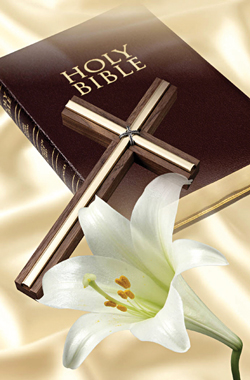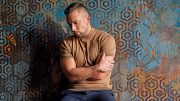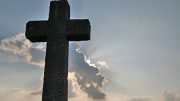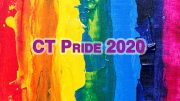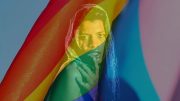 By: Paul P. Jesep*/TRT Columnist—
By: Paul P. Jesep*/TRT Columnist—
LGBTQ organizations and individual activists still fight for legal equality in housing, employment, and family definition, but justice goes beyond legal rights. Poverty (http://tiny.cc/2tqq0w) is another important issue.
The Williams Institute (http://tiny.cc/vuqq0w) at the University of California Los Angeles (UCLA) School of Law released an updated study in June titled New Patterns of Poverty in the Lesbian, Gay and Bisexual Community (http://tiny.cc/kvqq0w) by Badgett, Durso, and Schneebaum. The report draws attention to ongoing issues of economic injustice found in the LGB (lesbian, gay, bisexual) community. Unfortunately, TQ (transgender and queer) persons seem left out. Despite this omission, the report is eye opening. Consider the following, quoted from the report:
- As poverty rates for nearly all populations increased during the recession, lesbian, gay, and bisexual (LGB) Americans remained more likely to be poorer than heterosexual people.
- African American same-sex couples have poverty rates more than twice the rate of different-sex married African Americans.
- One third of lesbian couples and 20.1 % of gay male couples without a high school diploma are in poverty, compared to 18.8% of different-sex married couples.
- Lesbian couples who live in rural areas are much more likely to be poor (14.1%), compared to 4.5% of coupled lesbians in large cities. 10.2% of men in same-sex couples, who live in small metropolitan areas, are poor, compared with only 3.3% of coupled gay men in large metropolitan areas.
- Almost one in four children living with a male same-sex couple and 19.2% of children living with a female same-sex couple are in poverty, compared to 12.1% of children living with married different-sex couples. African American children in gay male households have the highest poverty rate (52.3%) of any children in any household type.
- 14.1% of lesbian couples and 7.7% of gay male couples receive food stamps, compared to 6.5% of different-sex married couples. Also, 2.2% of women in same-sex couples receive government cash assistance, compared to .8% of women in different sex couples; 1.2% of men in same-sex couples, compared to .6% of men in different-sex couples, receive cash assistance.
There is a larger issue here. How well does the LGBTQ community take care of its own? Judaism teaches the poor are “akhyot” (sisters) and “akhikha” (brothers). We are not supposed to judge those with less, yet, sadly, we do. The Creator does not love those on an A-list more than the poor or struggling working class. [pullquote]We are not supposed to judge those with less, yet, sadly, we do. The Creator does not love those on an A-list more than the poor or struggling working class. [/pullquote]
Being aware of LGBTQ economic injustice and making society more sensitive to it is an important step in addressing it. The Williams Institute has done the quantitative work to document this injustice. The question of what to do about it remains.
Consider at least three things:
- Ask LGBTQ advocacy groups, especially those you donate to, about how the issue of LGBTQ poverty is or can be included in a broader lobbying agenda. Highlight the issue.
- Show kindness (http://tiny.cc/gwqq0w) and compassion (http://tiny.cc/1wqq0w). If you can’t donate to LGBTQ-friendly religious ministries helping the poor individuals or working LGBTQ families struggling financially, then volunteer at a Metropolitan Community Church (MCC) food pantry or other group. It’s your chance to affirm the personhood of another. It underscores that these individuals are not alone nor judged because of their economic status.
- Identify opportunities to help a struggling LGBTQ person. Many elderly LGBTQ persons especially need help. Getting rides to doctor’s appointments or help with grocery shopping are real needs.
In responding to injustice, you are truer to your Creation as the Creator intended. You become more spiritual and encounter mystical, transcendental experiences by loving more, judging less and building a stronger community where all feel wanted. This energy nourishes the cosmos in a healthy way.
* Paul, an author, attorney and a seminary trained, ordained priest in greater Albany, NY, does spiritual health and wellness counseling for LGBTQ persons of faith. Reach him through www.CorporateChaplaincy.biz.

